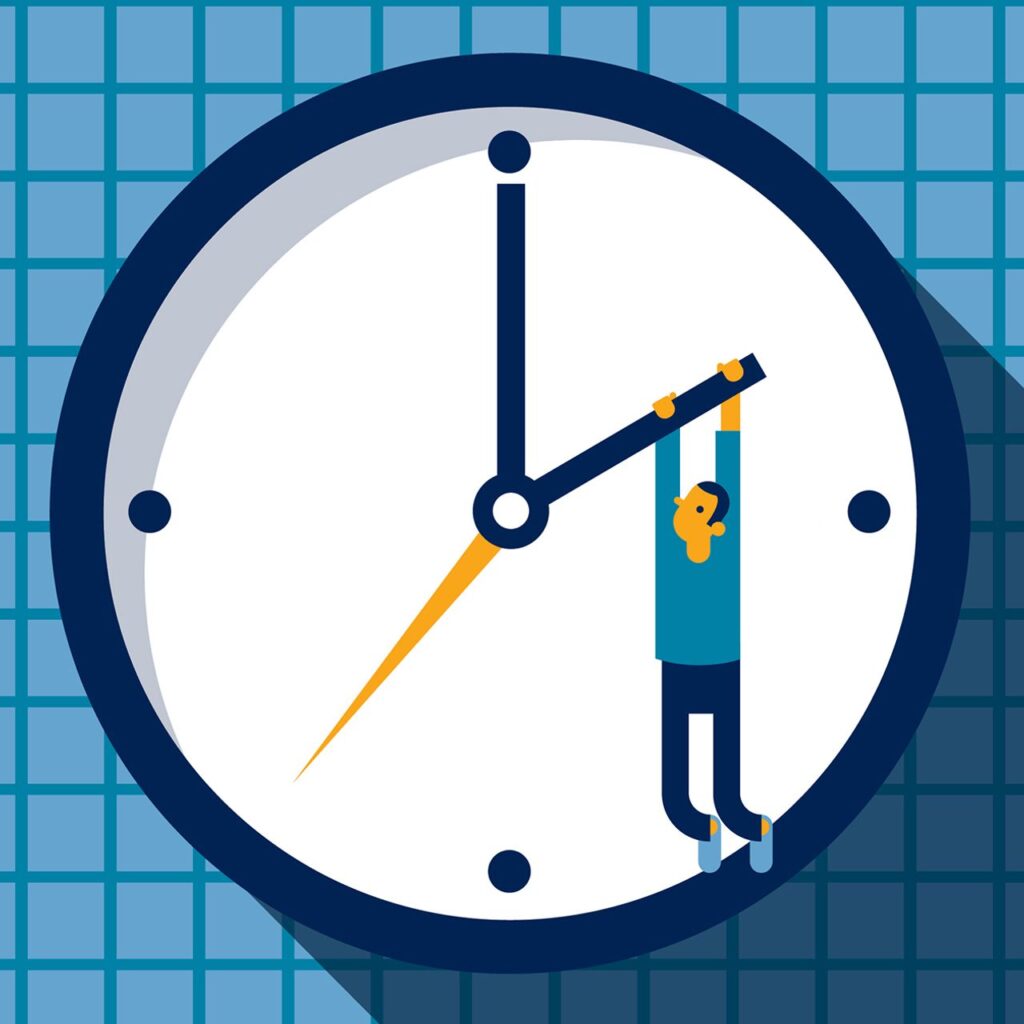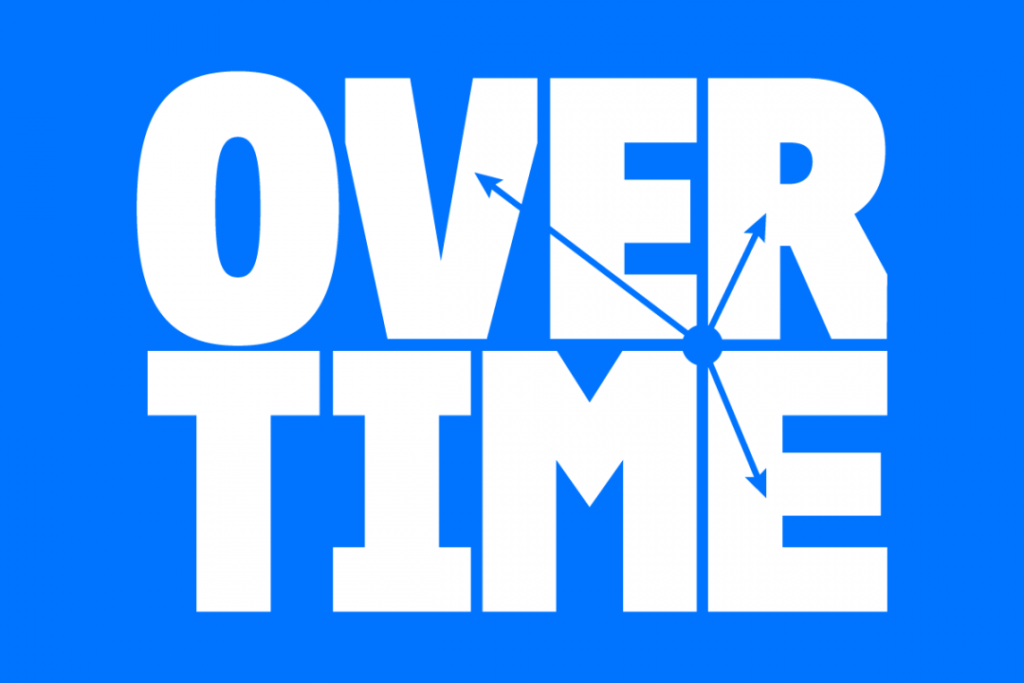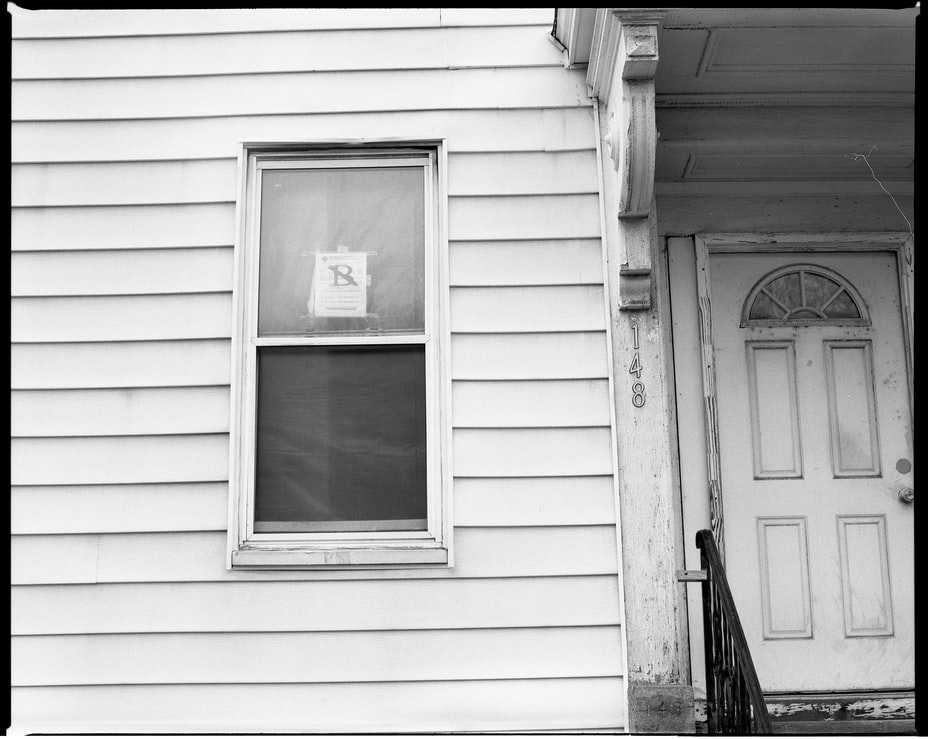For hourly workers, earning time and a half can sometimes be awesome and well worth the extra hours. But it can be less than great when you have plans or want to spend time with your family. Unfortunately, saying no to overtime is a bit difficult because of something called mandatory overtime.

What is Mandatory Overtime?
As defined by Business Management Daily, mandatory overtime is “the practice of requiring employees to work more than a standard 40-hour workweek.” Other words for it are forced or compulsory overtime. Although an employee may refuse to work mandatory overtime, it is completely legal for an employer to fire an employee that chooses to do so. Additionally, paystub generation is an essential component of accurate record-keeping and payroll management. Read this article to learn more.
The Fair Labor Standards act (FLSA) is the relevant law when it comes to mandatory overtime. Instead of prohibiting employees working over 40 hours a week, it states that all such extra hours are paid at one and a half the hourly rate. For those who are self employed, it’s crucial to manage their time and workload effectively to avoid burnout.
Employers like mandatory overtime for several reasons. They can use mandatory overtime as needed during busier times of the year without having to hire additional workers.
Saying No to Overtime
So, now that we know what mandatory overtime is, how could you say no when you have a conflict?
Make a Plan
Before you tell your boss, you can’t do overtime, plan out your answer. What’s your reason? Most managers can be understanding of conflicts like taking care of your kids or a loved one, or plans you already made well in advance. If you’re dealing with burnout and are concerned you won’t be able to do the work well without resting, hopefully your boss will understand that as well.
It’s also important to keep in mind how much overtime you’ve been saying no to lately. If this is a position where overtime is expected, you may need to pick your battles when it comes to asking to not work over 40 hours.

Talk to Your Boss
Now that you have a plan, it’s time to talk things over with your boss. Despite the name of this article, try not to actually say the word “no.” That can be seen as negative. You just want to explain to your boss what’s going on, and why you can’t take on extra hours now.
If They Say No
If your boss denies your request to not take on overtime, you might evaluate your current job. If you truly have a reason for not being able to do the overtime, it’s hopefully resolvable. It’s also possible that the position you’re in is just one that requires frequent overtime, and you aren’t currently a good fit for it.

